The concept of the ancient Near-Eastern covenant is extremely important for readers of the Bible to understand. The whole salvation story of the Bible is presented to us in the form of covenants. Even the Bible itself is called, in the Christian world at least, the Old and New Testaments which means the Old and New Covenants. On its surface, a covenant is very similar to a contract. An agreed upon set of rules between two parties for their mutual benefit, a contract. However, what’s not immediately obvious to modern readers, is just how covenants worked.
In the patriarchal society of the ancient Near-East that Abraham and Israel were a part of, society completely revolved around family units, and the authority and responsibility for maintaining order and survival was the patriarch, the oldest male member of a family unit. Family was responsible for family. So then, what about when you needed for one reason or the other to team up with another family that socially had no reason to protect or care for you? You could strike a covenant, a type of contract, that would make you like family, at least legally.
“Sovereign Lord, how can I know that I will gain possession of it?”
Genesis 15:8
As I already mentioned, we see covenants all over the Bible, and they could happen on an individual level (David and Jonathan), a tribal level, or a national level. Covenants could be parity treaties, meaning a covenant between equals, that would make the two parties like legal brothers. Covenants could also be Suzerain/Vassal treaties, which is a covenant between non equals. There’s a powerful and a less powerful party. Which would create a legal relationship of Father/Son or even Master/servant. A Suzerain/Vassal treaty often happened in the context of an invading king. The king or leader who had conquered a people’s territory would lay out everyone’s rights and responsibilities, the way life would now operate. As a Suzerain, he now owned the land and the people, they could live their lives but now owed loyalty and yearly tribute to him. As a result, the suzerain would allow the people to remain, to live on the land, and he would owe them protection. If the people rebelled against the Suzerain by not following the stipulations of the covenant or by withholding tribute, they would lose their right to the land.
At a covenant ceremony, animals would be sacrificed for a few reasons. It marked the occasion as special or set apart, it involved the godly authorities in the process, the sacrificial animals often served as a meal, and the animals showed the parties what would happen to them if they were to rebel against the covenant. They would become like the sacrificial animals, dead.
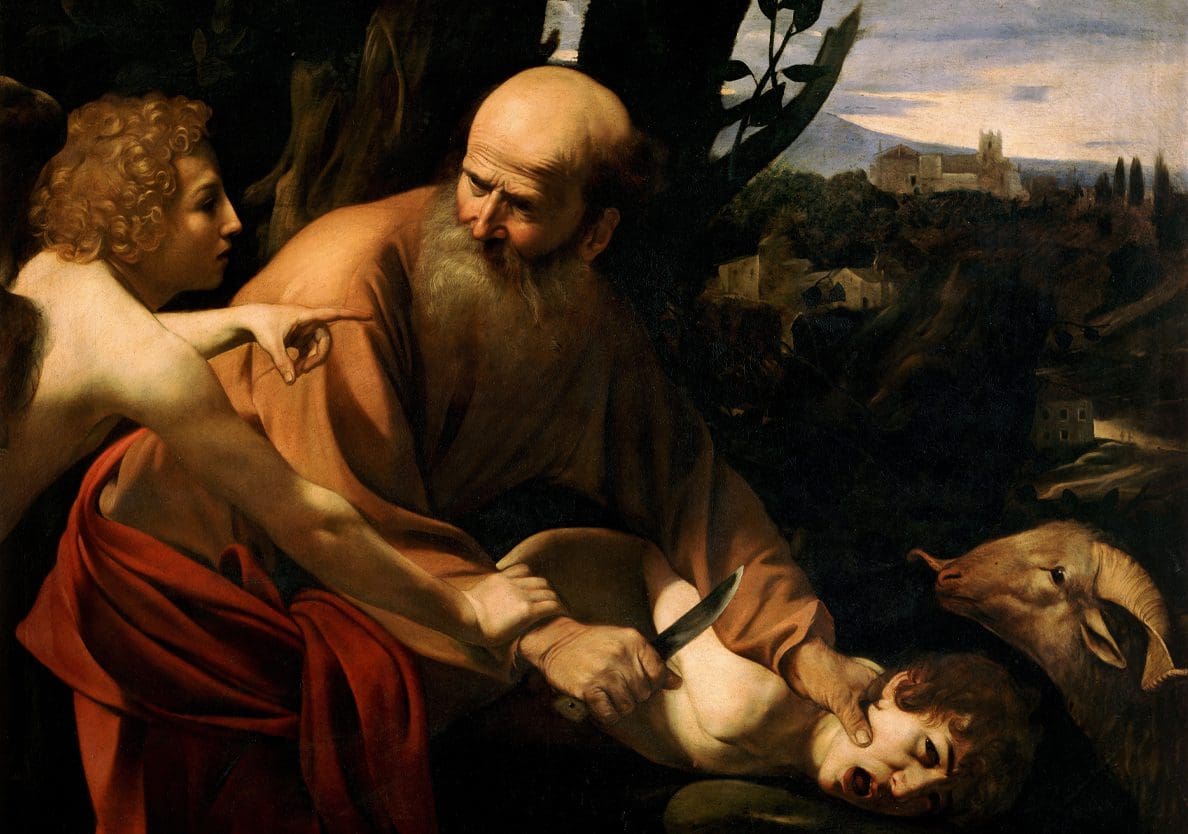
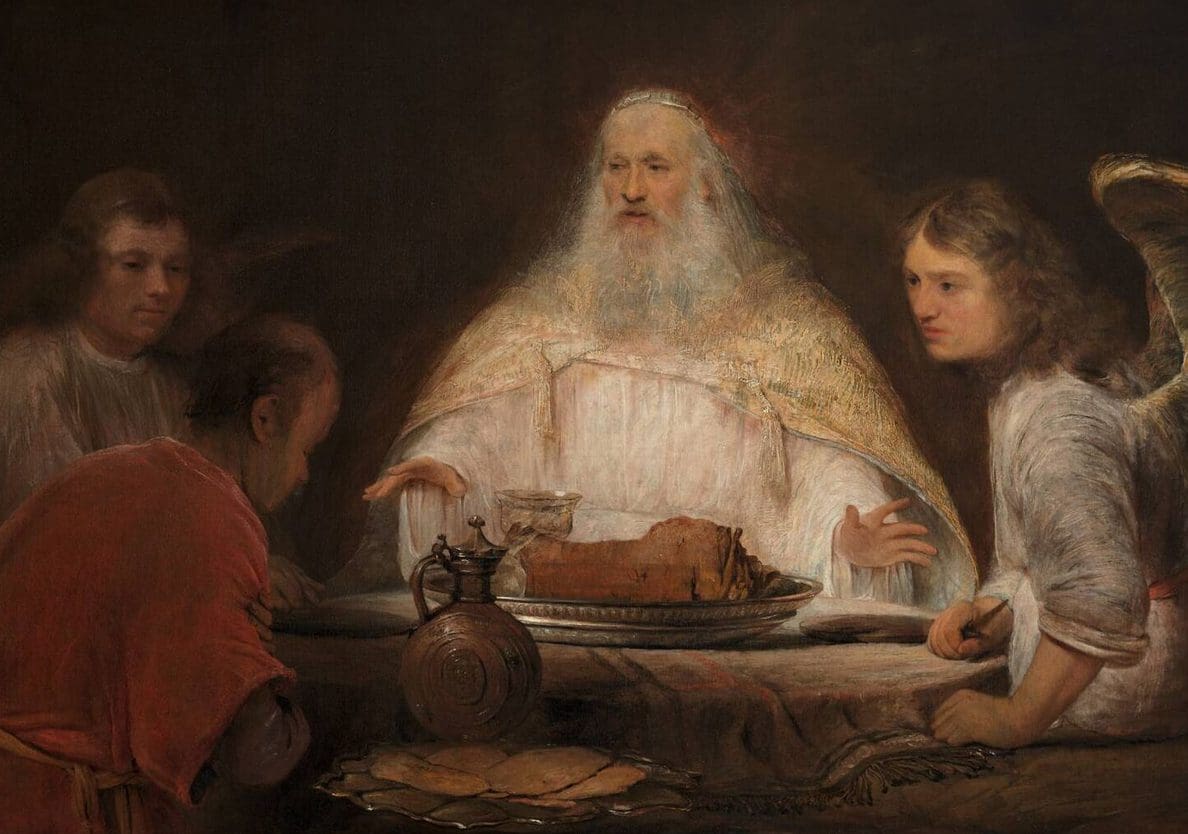
For our understanding today, in Genesis 15 God was cutting a covenant with Abram. God had already made covenant promises of offspring to Abram, for Abram’s allegiance God also offered land. He would give Canaan to Abram’s descendants. But by Genesis 15 Abram had been waiting a long time for this promised son, he seems to have been struggling. He asks, “Sovereign Lord, how can I know that I will gain possession of it?” God creates a covenant ceremony. Something that Abram would have been very familiar with. God instructs Abram to get the sacrificial animals, which he does, and he sacrifices, cuts in half and arranges. When God shows up though and outlines the stipulations of their covenant, it is GOD, the Suzerain, who passes through the sacrificial animals not Abram the lesser party. In an amazing twist of expectation, God promises to Abram that it is HE who will pay with His divine life if the covenant is broken.
Amazingly, the Bible clearly portrays the descendants of Abram breaking the covenant. And what happens? God comes to earth as Christ Jesus, and He offers His life to make a new covenant. His body was broken for us.

Corie Bobechko is a daily co-host, speaker, and writer of Bible Discovery. She also hosts a YouTube channel that shows how history and archaeology prove the Bible. Her heart for seekers and skeptics has led her to seek truth and share it with others. Corie also has a Bachelor of Theology from Canada Christian College.



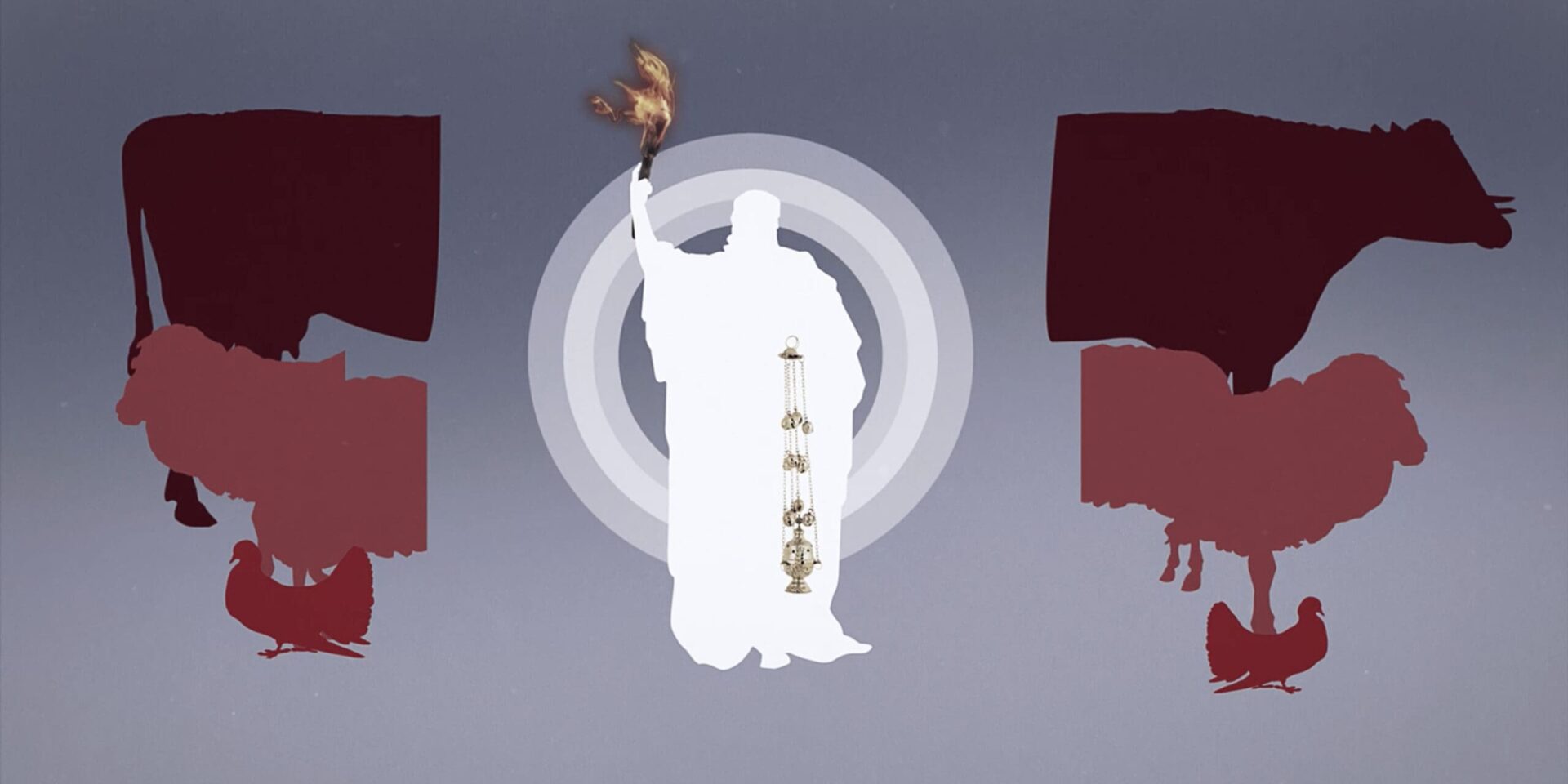
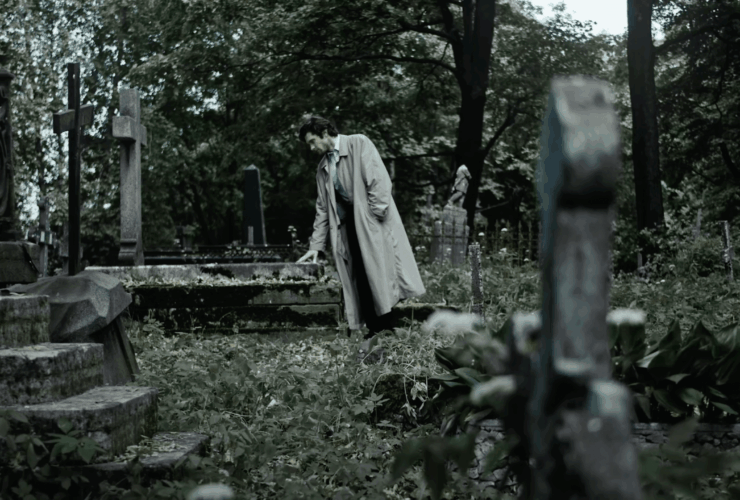

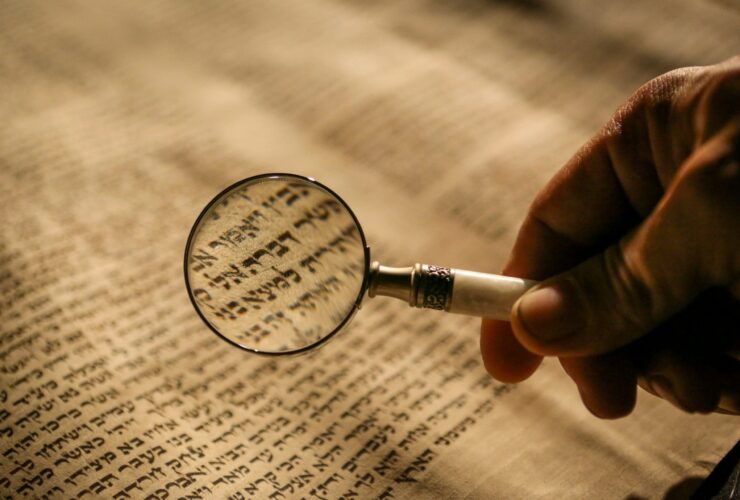
Good
I watched your program on FAITH TV, I was fascinated on how you made Leviticus 23;1-8,much easier for everyone who will study Leviticus 23:1-8.
Thank you Corie, We together daily we read and study our bibles . We know the LORD GOD Almighty. Today is our 35 anniversary of marriage Jan.30, 2023 He is giving Martin and I 50 years of marriage. I am 67 years presently. Guess we will be in my 8os. +
What did it mean when God Passes through the sacrifices Abram made when querying about descendants from him. God takes responsibility of descendants breaking God’s covenants because he knows humanity fragility?